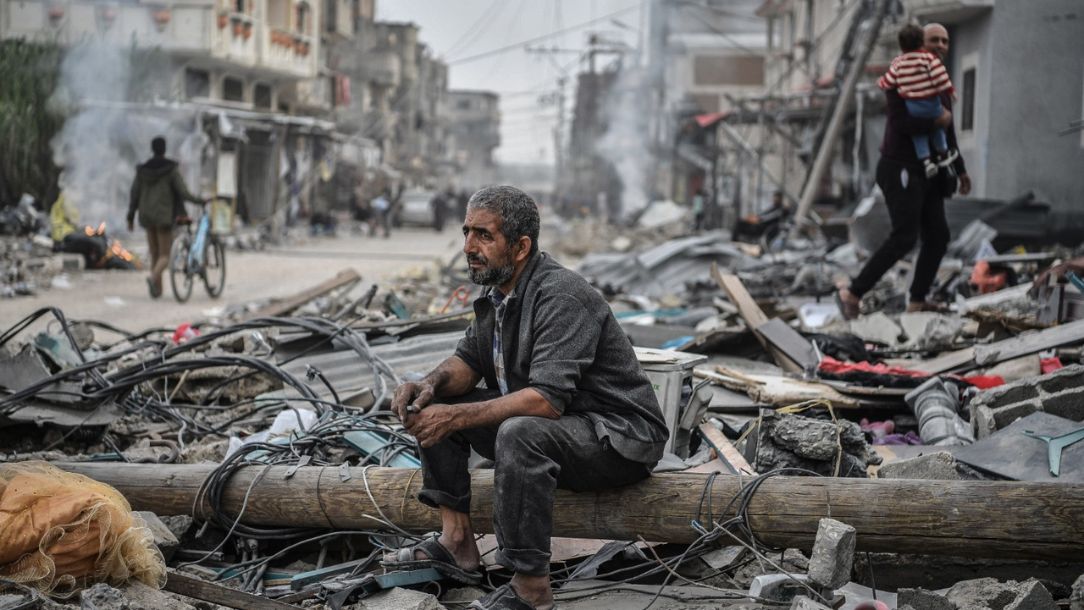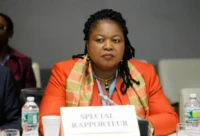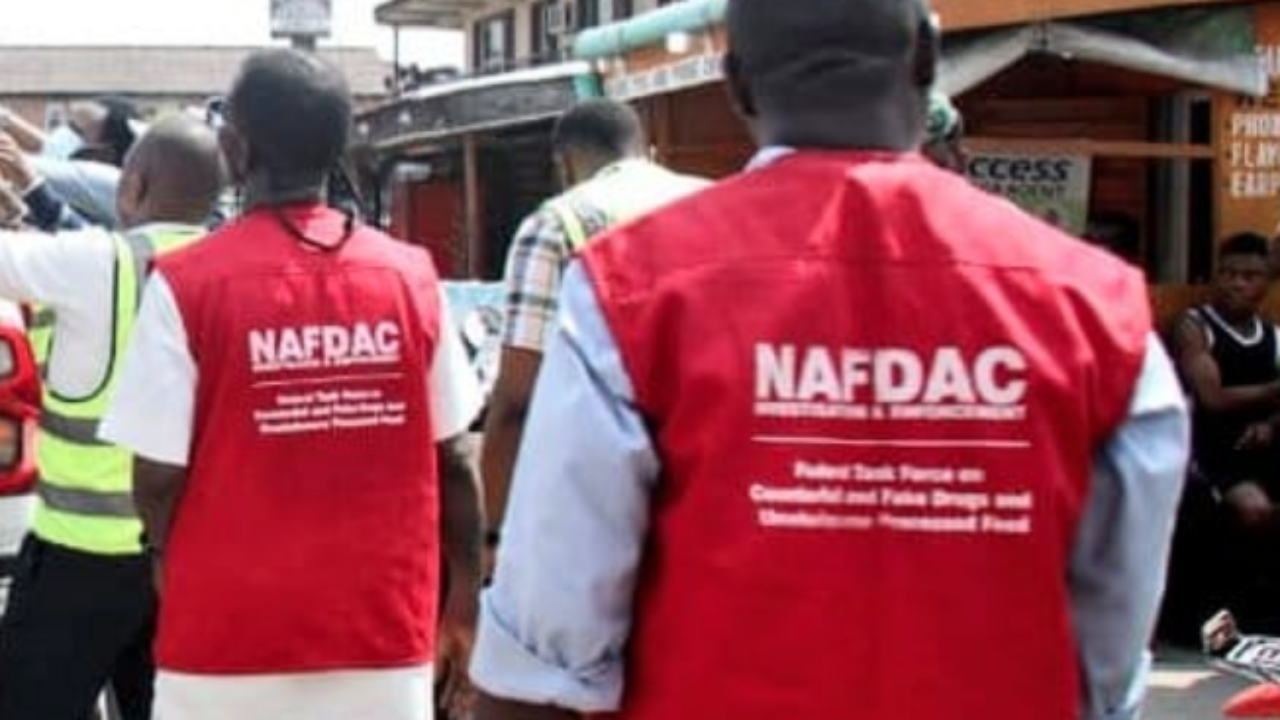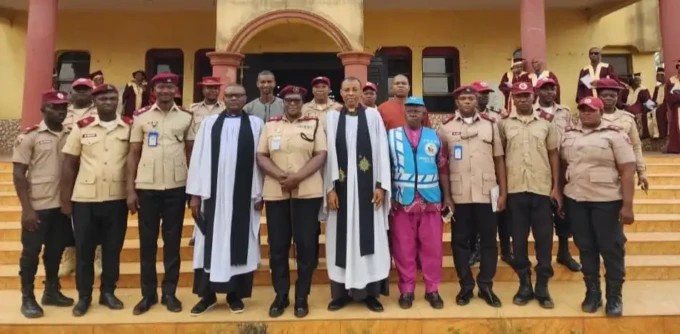The humanitarian crisis in war-torn regions worldwide has reached unprecedented levels, with civilians bearing the brunt of escalating conflicts. In Sudan, the civil war that erupted in April 2023 between the Sudanese Armed Forces (SAF) and the Rapid Support Forces (RSF) has led to a catastrophic humanitarian situation. As of early 2025, over 12.3 million people have been displaced, making Sudan the epicenter of the world’s largest internal displacement crisis. The conflict has also resulted in severe food insecurity, with nearly 25 million people facing acute hunger. The health system is on the brink of collapse, with 80% of hospitals in conflict zones rendered nonfunctional, and critical medical supplies are alarmingly scarce.
In the Democratic Republic of Congo (DRC), decades of conflict have exacerbated the humanitarian crisis. The widespread violence has displaced 7 million individuals, driven 1.5 million people to seek refuge in host facilities and camps, and left a quarter of the population—25.5 million—in a state of food insecurity.
The Gaza Strip has also experienced critical levels of violence, with reports of 46,000 Palestinians killed, over 2.1 million displaced, and 92% of homes damaged or destroyed. The region urgently requires international assistance to achieve a lasting ceasefire and rebuild.
In Syria, the end of a 14-year war has left 7.2 million internally displaced persons and over 5 million refugees. However, the country now faces staggering challenges, with 90% of the population living below the poverty line and an estimated $400 billion required for reconstruction.
Yemen’s humanitarian crisis remains dire, with 4.5 million displaced individuals and 17.1 million people facing food insecurity. Despite 83% of the population living in multidimensional poverty, Yemen receives limited media attention, except for incidents involving Houthi attacks, which have severely impacted trade flows in the Red Sea.
Afghanistan also demands attention, with 22.9 million people in need of assistance and 3.9 million displaced individuals. The country’s situation has worsened due to natural disasters, compounded by restrictions on women, who are banned from accessing medical schools and working in local and international organizations. These laws also impose constraints on everyday life, dictating permissible attire and digital content.
Haiti’s humanitarian crisis is marked by 5.5 million people requiring assistance, 5.4 million facing acute hunger, and escalating gang violence controlling large swaths of the country. Alarmingly, rates of sexual violence increased by 1,000% in 2024 compared to the previous year.
The International Committee of the Red Cross (ICRC) has criticized the absence of political leadership in mediating peace deals, which prolongs conflicts and exacerbates humanitarian crises. The ICRC reports over 120 ongoing armed conflicts globally, including in Gaza and Sudan, where long-term wars have resulted in severe destruction and massive displacement. The escalating humanitarian needs are challenging aid organizations, especially as some key donors signal potential cuts in their aid budgets.
The United Nations human rights chief, Volker Türk, has warned that the world is facing a critical and dangerous moment marked by widespread conflicts and disrespect for international law. He highlighted the escalating humanitarian crises and human rights violations in various conflict zones, including Gaza, Ukraine, Sudan, Haiti, and Myanmar. Türk emphasized the importance of restoring respect for human rights as foundational to ending conflicts and ensuring global stability.
The United Nations reports that 114 million people have fled their homes due to conflict, violence, and persecution, with the number continually rising. The U.N. Security Council has been criticized for failing to resolve ongoing conflicts in regions like Gaza, Ukraine, Sudan, Congo, and Myanmar. The lack of compliance with international humanitarian law by combatants has led to significant civilian casualties, targeted sexual violence, and attacks on critical infrastructure. The U.N. calls for immediate attention and aid to resolve conflicts and help displaced individuals return home safely and with dignity.
The United Nations Office for the Coordination of Humanitarian Affairs (OCHA) reports that over 300 civilians were killed during two days of intense attacks in Sudan’s Darfur region by the Rapid Support Forces (RSF). The violent assaults targeted famine-stricken displacement camps in North Darfur, including Zamzam and Abu Shorouk, as well as the regional capital El Fasher, resulting in significant casualties and mass displacement, with up to 80,000 families fleeing. The RSF attacks follow the Sudanese military’s recent regain of control over Khartoum amid a civil war that began in April 2023. The conflict has claimed at least 24,000 lives and driven nearly 13 million people from their homes, creating the world’s worst humanitarian and displacement crisis. U.N. officials reported that 10 humanitarian workers were killed in the latest violence. As the war nears its second anniversary, a major international conference in London seeks to rally global unity for peace. The U.N. warns that without sufficient funding—currently only 10% of a $1.8 billion appeal—it will be impossible to support displaced Sudanese, many of whom are moving toward neighboring African countries and beyond.
The United Nations reports that the conflict in Sudan, ongoing since April 2023, has resulted in the world’s most severe humanitarian crisis. Over 30 million people, including 16 million children, require aid. Catherine Russell, head of UNICEF, highlighted the extreme suffering and violence faced by children, with 1.3 million at risk of famine and 770,000 expected to suffer from severe acute malnutrition. The conflict has caused over 14 million people to be displaced and at least 20,000 deaths, though real numbers may be higher. UNICEF documented numerous grave violations against children and widespread sexual violence. Both state forces and paramilitary groups have been blamed for exacerbating civilian suffering. Despite resolutions from the UN Security Council, effective action to end the conflict has not been implemented. The need for a concrete plan to protect civilians and ensure aid delivery, free from political interference, is urgent. Humanitarian organizations, affected by aid cuts from the Trump administration, require significant funding to continue their efforts.
The United Nations human rights chief, Volker Türk, has warned that the world is facing a critical and dangerous moment marked by widespread conflicts and disrespect for international law. He highlighted the escalating humanitarian crises and human rights violations in various conflict zones, including Gaza, Ukraine, Sudan, Haiti, and Myanmar. Türk emphasized the importance of restoring respect for human rights as foundational to ending conflicts and ensuring global stability.
The International Committee of the Red Cross (ICRC) has criticized the absence of political leadership in mediating peace deals, which prolongs conflicts and exacerbates humanitarian crises. The ICRC reports over 120 ongoing armed conflicts globally, including in Gaza and Sudan, where long-term wars have resulted in severe destruction and massive displacement. The escalating humanitarian needs are challenging aid organizations, especially as some key donors signal potential cuts in their aid budgets.
The United Nations reports that 114 million people have fled their homes due to conflict, violence, and persecution, with the number continually rising. The U.N. Security Council has been criticized for failing to resolve ongoing conflicts in regions like Gaza, Ukraine, Sudan, Congo, and Myanmar. The lack of compliance with international humanitarian law by combatants has led to significant civilian casualties, targeted sexual violence, and attacks on critical infrastructure. The U.N. calls for immediate attention and aid to resolve conflicts and help displaced individuals return home safely and with dignity.
The United Nations Office for the Coordination of Humanitarian Affairs (OCHA) reports that over 300 civilians were killed during two days of intense attacks in Sudan’s Darfur region by the Rapid Support Forces (RSF). The violent assaults targeted famine-stricken displacement camps in North Darfur, including Zamzam and Abu Shorouk, as well as the regional capital El Fasher, resulting in significant casualties and mass displacement, with up to 80,000 families fleeing. The RSF attacks follow the Sudanese military’s recent regain of control over Khartoum amid a civil war that began in April 2023. The conflict has claimed at least 24,000 lives and driven nearly 13 million people from their homes, creating the world’s worst humanitarian and displacement crisis.












Are we doing enough to support civilians in war-torn regions? The global community must step up and address this urgent humanitarian crisis.
Can we truly ignore the suffering of civilians in war zones or are we obligated to take action? Lets discuss!
I dont get why some people still think humanitarian aid isnt necessary in war-torn regions. Cant we all just show some compassion and help out?
I think we need to shift our focus from just sending aid to addressing the root causes of these conflicts. Lets talk about prevention strategies!